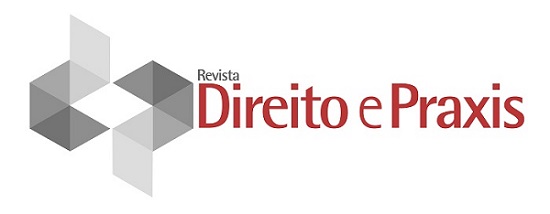Abstract
The article identifies in Lênin's State and Revolution the elaboration of a hypothesis on the development of democracy and capitalism, the plausibility of which has become increasingly strong in the current context of compatibility between authoritarian and neoliberal measures and democratic-constitutional arrangements. Unlike the conception forged during the trente glorieuses years of the post-war period, which identified liberal democracy and capitalism as differentiated and harmonized spheres (through representative system and welfare), we argue that there is no separation or conflict between the two spheres. From this perspective, the article recovers, through Lênin's text, the idea that violence is constitutive of the state apparatus. We reject, however, the readings that deduce from this text a merely instrumentalist conception of the State. On the contrary, we state that Lênin works with a specific sense of the concept of alienation, which allows one to observe the State as the power of the ruling class that externalizes itself and, at the same time, duplicates itself in the form of use of a special and organized violence. In the end, taking works of Trotsky, Gramsci, and Wood, the article analyses how liberal democracy amalgamates with this repressive and coercive power against the popular classes.
Keywords:
Marxist theory of the State; capitalism; democracy; violence
